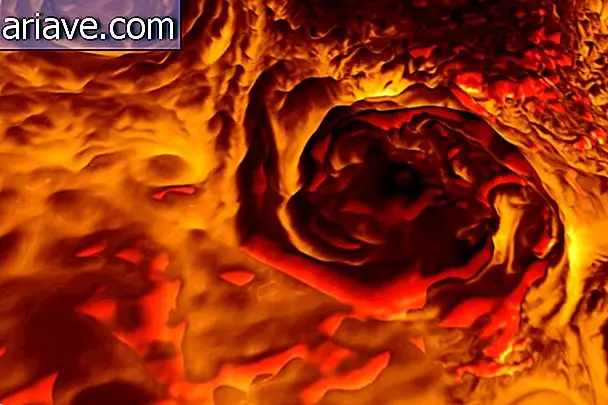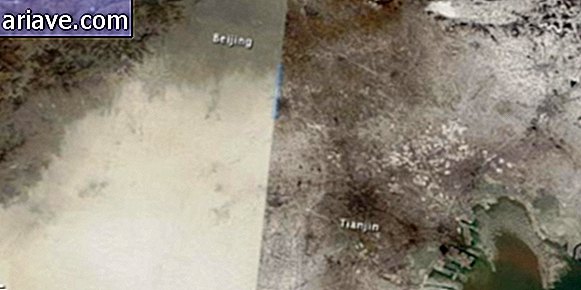Today it's been 100 years since an eclipse in Brazil proved Einstein's theory
Today it is 100 years since the solar eclipse was observed in Brazil that proved Albert Einstein's Theory of Relativity. On May 29, 1919, a group of English, American, and Brazilian scientists gathered in Sobral, Ceará, to observe a complete solar eclipse.
At the time, from telescope-coupled cameras were made images of stars positioned close to the Sun, but, because of the light of the star, could not be photographed under normal conditions.
Two months later, the same stars were recorded - only at night, without interference from the sun. When comparing the photos of the two situations, scientists could see a slight difference in the positioning of these stars - which proved that the mass of the sun changes the path of light around him.

Theory of relativity
Thus, Einstein's theory has been proven in practice. The scientist said, contrary to what Isaac Newton argued in the Law of Universal Gravitation, that the speed of light was the only constant in the universe, not time. Einstein further argued that the mass of bodies, like the sun, warped the space near them — which would deflect the path of a beam of light.
With the images obtained in Sobral it was proved that the light beams are deflected by the deformation caused by the solar mass. Thus, the scientific community has announced that the theory is true that the more mass the object has, the greater the change it causes in the geometry of space and that it is inseparable from time - which is therefore not constant.
Subsequently, Einstein stated: "The question that my mind asked was answered by the radiant sky of Brazil."
Today it's been 100 years since an eclipse in Brazil proved Einstein's theory via TecMundo











